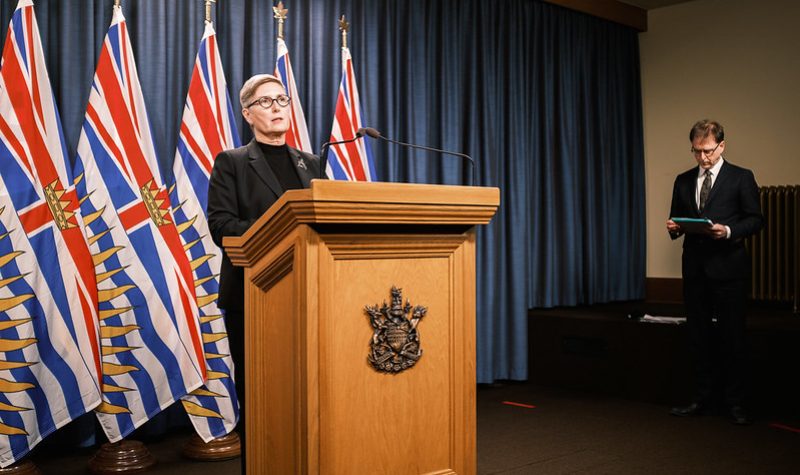Disturbing data from an investigation into racism in BC's health care system shows Indigenous people are unable to access primary and preventative health care and, as a result, end up having their health issues dealt with in emergency rooms.
The data, contained in a report entitled "In Plain Sight," shows Indigenous women are one and a half times more likely to develop cervical cancer because of a lack of pre-screening. Indigenous elders, and those with chronic health conditions, are 89 per cent more likely not to have a doctor to help manage those conditions. As a result, Indigenous people are 75 per cent more likely to access health care at emergency departments compared to non-Indigenous people in BC.
The report was commissioned by the province to investigate complaints about a racist game being played in some BC hospital emergency rooms to guess the blood alcohol content of Indigenous patients. The investigation was broadened to include how the health care system treats Indigenous people. It received more than 600 submissions and collected data on rates of disease, hospitalization, health outcomes, levels of screening and disease management. The report's author, Mary Ellen Turpel-Lafond says the data proves an unacceptable truth:
BC's Minister of Health says steps are being taken to change that. Adrian Dix says an Assistant Deputy Minister of Indigenous Health has been appointed. Funding is in place for five Indigenous Health Liaison Officers to oversee anti-racist initiatives in the province's regional health authorities and nine of 32 new Indigenous Health Representatives, who will work directly with Indigenous patients, have been hired. And Dix says a task force has been established to implement the 25 recommendations in Turpel-Lafond's report:
Dix is promising to create an independent officer of Indigenous health and ensure cultural sensitivity training will take place in every health authority.
Turpel-Lafond says she will continue her involvement until, as she says, "the report's recommendations have been achieved."


